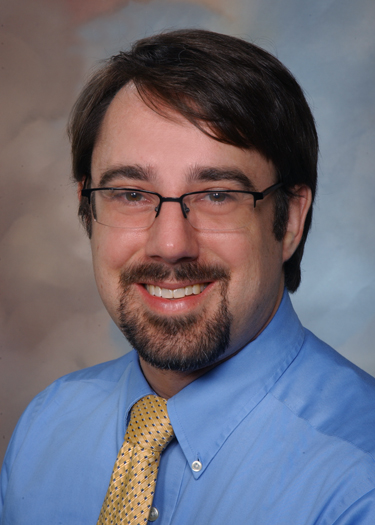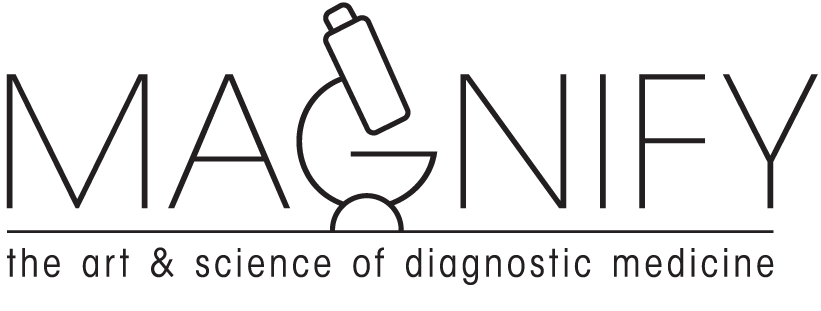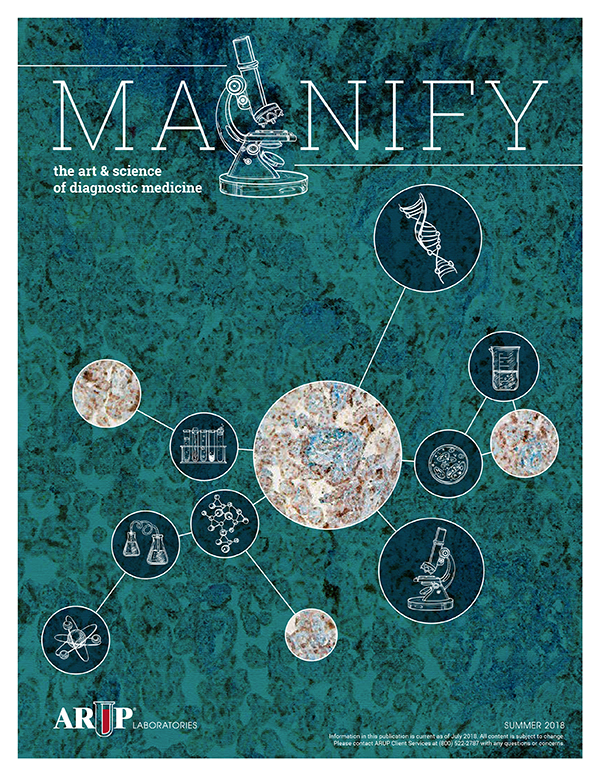ARUP Alumni Feature: Eric Konnick, MD, MS, Reflects on Journey From Scientist to Medical Doctor
Eric Konnick, MD, MS, a pathologist at Fred Hutchinson Cancer Center and University of Washington (UW) Medical Center, started his healthcare career as a laboratorian at ARUP Laboratories. He finds his work as a pathologist fulfilling, but he had never considered a medical career before working at ARUP.

“It was really … my experiences in the laboratory and working with medical directors that got me interested in medicine,” said Konnick, who is also an associate professor at UW and the associate director of UW Medicine’s Genetics and Solid Tumor Lab.
In 1998, shortly after he earned his bachelor’s degree in biology at the University of Utah, Konnick started working at ARUP as a scientist in the Molecular Pathology Laboratory. At the time, this laboratory performed all of ARUP’s molecular infectious disease, genetic, and oncology testing. After working in the lab for six months, Konnick transferred to Research and Development, where he worked on developing tests and informatics interfaces.
Konnick continued to grow at ARUP while he worked toward his master’s degree in laboratory science. After seven years in R&D as a scientist, he was ready for a new challenge.
“I understood the technology, and I understood the business piece of pathology. What I didn't understand was medicine, and eventually, I decided to apply to medical school,” Konnick said. He started working toward his MD degree in 2006 at the University of Utah School of Medicine and continued to consult with ARUP part-time until he graduated.
While working in ARUP’s R&D lab influenced Konnick’s career path, it also shaped the values he still holds as a pathologist.
“We were encouraged to learn and improve. At the end of the day, it was always for the patients,” Konnick said. “It established the framework that I work in now.”
ARUP’s leadership left a lasting impression on Konnick, now a leader himself. “When Dr. [Carl] Kjeldsberg was still CEO and chair, he would routinely walk through the laboratories and talk with staff,” he said. “I was impressed that somebody who had a lot of responsibility took the time to interact with the folks who were generating the results.”
As Konnick pursued his medical degree and continued working in ARUP’s R&D lab, his focus began to shift from infectious diseases to oncology.
“When I started, I was interested mostly in infectious diseases, and that’s what I specialized in when I was in the R&D group,” Konnick said. The adoption of precision oncology and precision diagnostics by the clinical laboratory is what initially piqued Konnick’s interest in oncology toward the end of his time in medical school.
Konnick now specializes in oncology diagnostics in his current roles at UW. His lab runs preanalytic services to ensure that samples about to undergo testing are as high quality as possible and that patients receive timely and accurate results.
Although oncology is now his primary focus, Konnick still dabbles in infectious diseases testing.
“During the COVID pandemic, I was recruited to be one of the medical directors of the Seattle Flu Study. That was the public health outreach program run by a group here at the University of Washington to provide community-based testing,” he said.
Konnick and other medical directors worked to provide rapid COVID-19 testing to the public during the peak of the pandemic. “We’re the group that identified the first human transmission [of COVID-19] here in 2020.”
One of Konnick’s favorite parts of his job is knowing the impact he makes on patients every day. The advancements he has made in oncology, alongside other pathology researchers, have significantly improved the condition and prognosis of many patients with cancer.
“People who were on death’s doorstep are now going out and running marathons and resuming their lives,” Konnick said. “It’s amazing to see those types of stories. To be a tiny part of it has been really rewarding.”
Konnick added, “A lot of pathologists and laboratorians don’t have that direct patient contact. But at the same time, we have the ability to touch virtually every patient who comes through a clinic door and gets a laboratory test or pathology diagnosis.”
In addition to his work at UW, Konnick has been involved with the Association for Molecular Pathology (AMP) Professional Relations Committee (PRC) for eight years and has served as the chair of the committee since 2022. In this role, he participates in projects to advocate for both patients and pathologists through legislation and community outreach.
He recently received a Meritorious Service Award from AMP for his dedication to the organization and to the field of pathology. In a statement announcing the 2024 awards, AMP reported that Konnick “has helped lead AMP’s ongoing efforts to establish a more efficient and effective regulatory framework for laboratory-developed testing procedures that would preserve innovation and protect patient access to essential medical services.”
With AMP, Konnick and his colleagues interact with government agencies to help inform the development of policy to move the field of pathology forward. “The laboratory is critical to everything in healthcare, so I think having a role where we educate and advocate in the interest of patients from the laboratory perspective is important,” he said.




